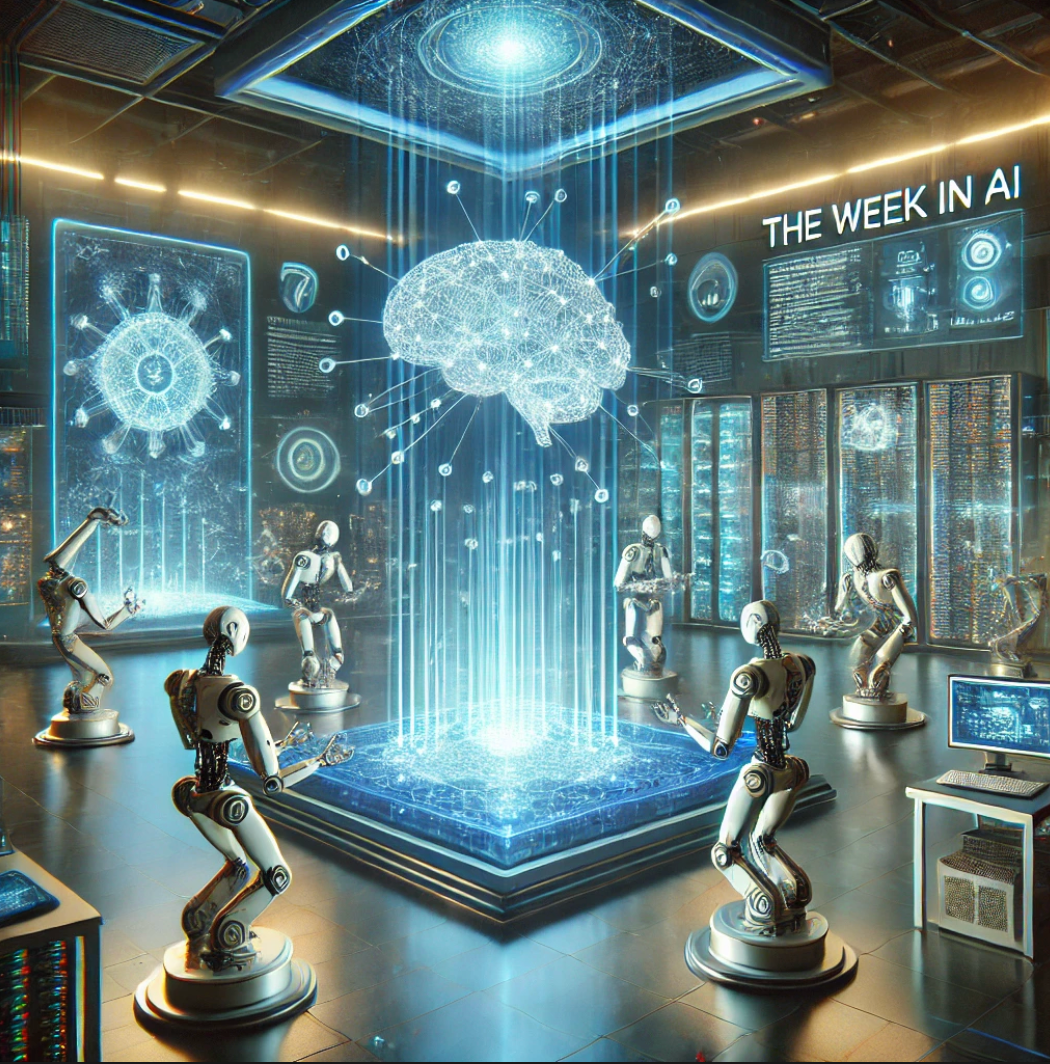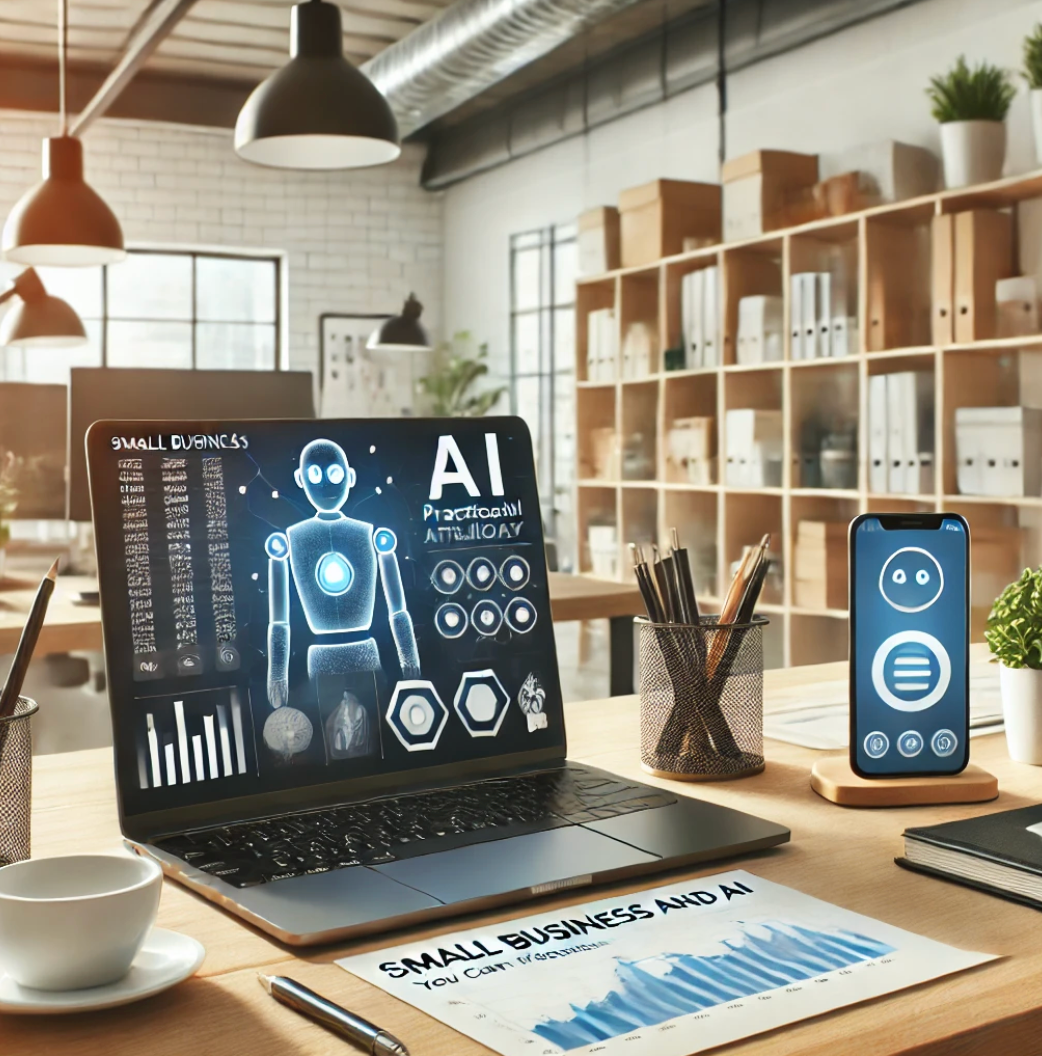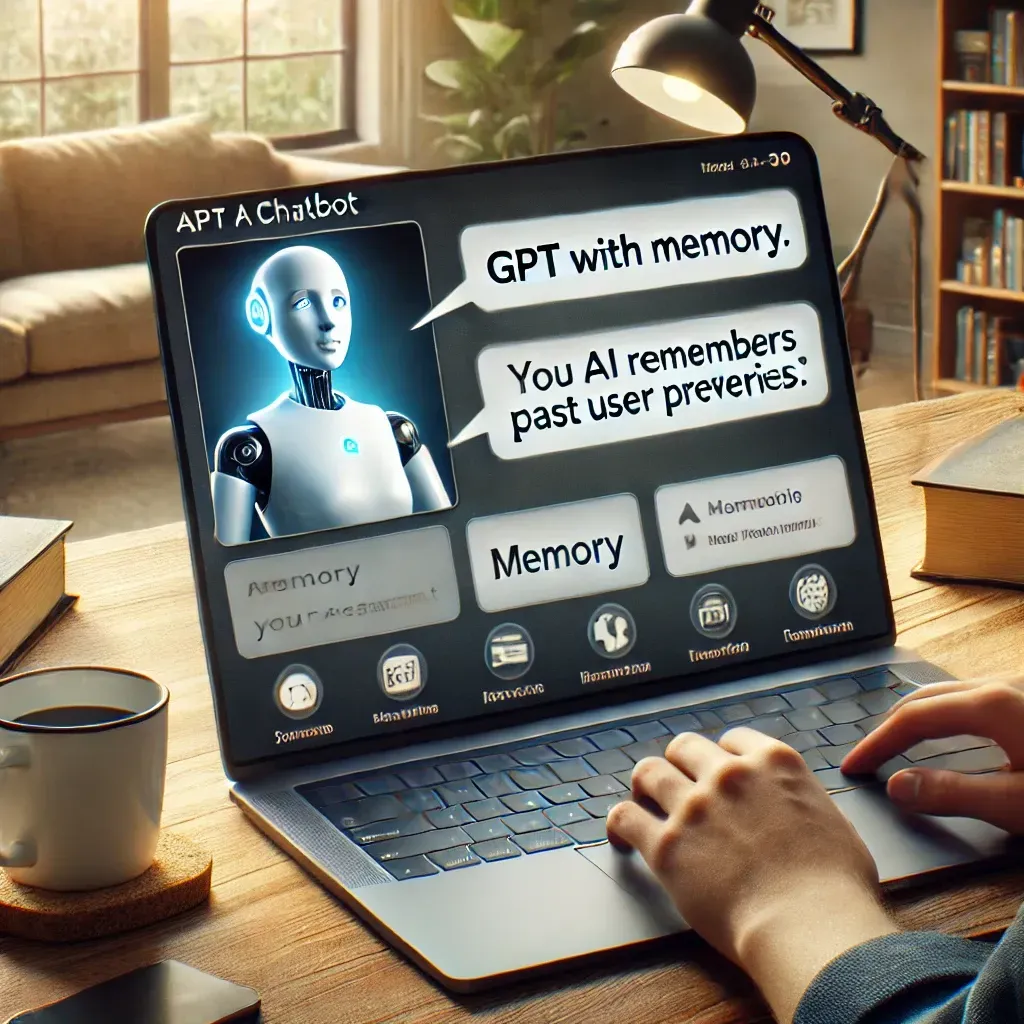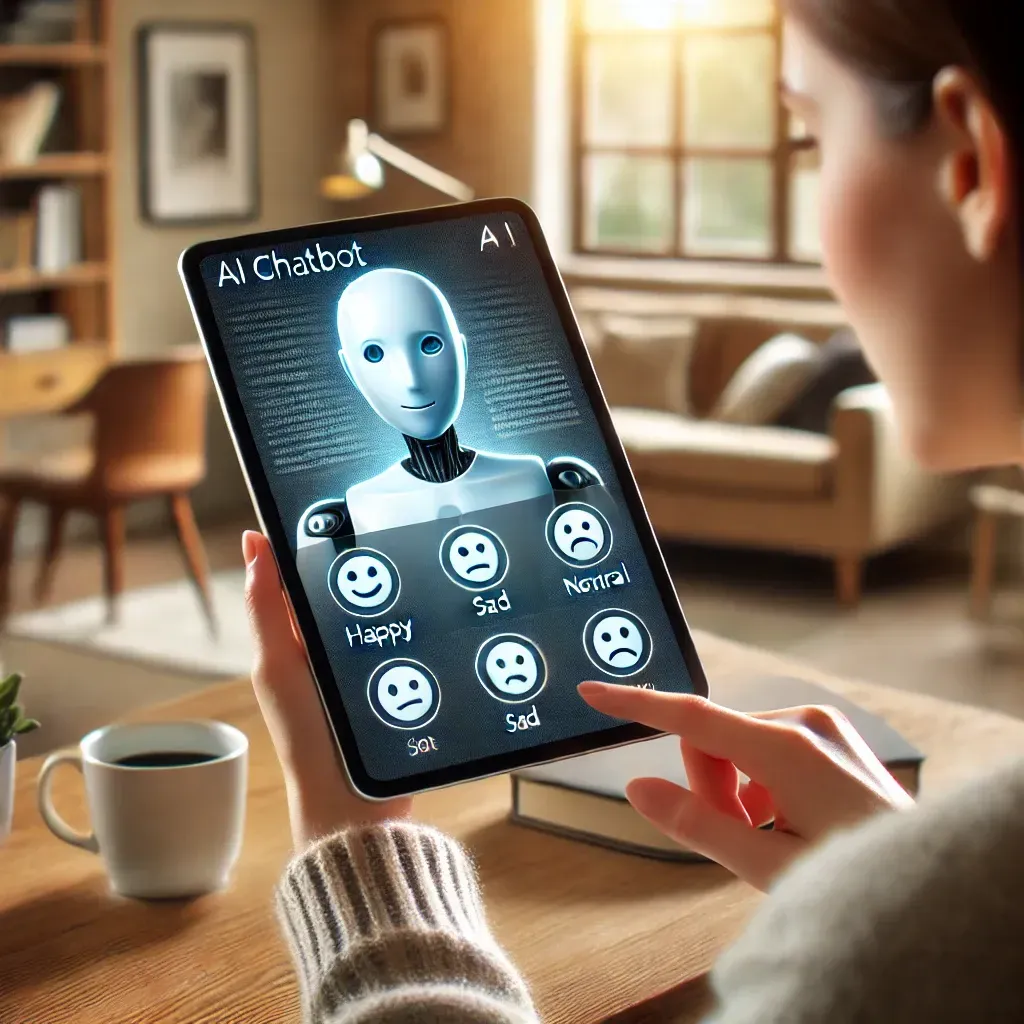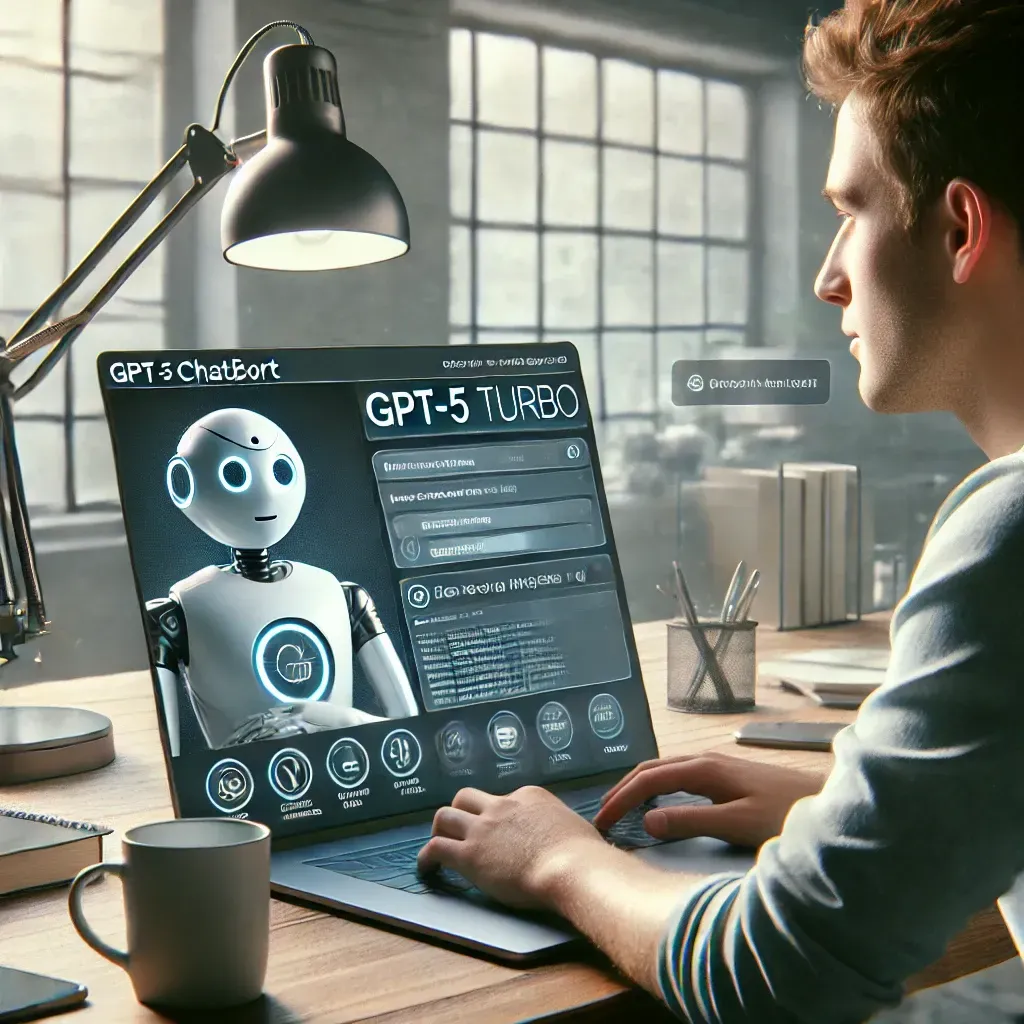7 biggest AI news stories from last week
A week of smarter agents, sharper tools, and deeper global discussions
The AI industry didn’t slow down last week. We saw major product launches, early looks at powerful new models, and international discussions around regulating advanced AI systems. Here’s the 7 most important AI headlines from the week of May 20–26, 2025.
1. OpenAI unveils early AgentGPT demos at developer preview
OpenAI gave the world a first look at AgentGPT, an experimental framework allowing AI models to take actions independently across the web, apps, and APIs.
Highlights:
- Agents can perform multi-step tasks (e.g., booking flights, compiling research)
- Memory and tool-use are built-in
- Early demos involved travel booking, email sorting, and code refactoring
Why it matters:
It’s a clear move toward autonomous AI agents capable of replacing manual workflows.
2. Anthropic previews Claude 4 — a leap in long-context understanding
Anthropic announced internal testing of Claude 4, expected to launch in June. The key breakthrough? Over 1 million tokens of context retention — enough to read entire books or massive databases.
New capabilities:
- Deep research summarization
- Full legal document review
- Long-form collaborative writing
Why it matters:
Claude 4 could change enterprise AI by making context loss a thing of the past.
3. Meta releases Llama 4 for open-source developers
Meta officially released Llama 4, its latest open-source large language model, optimized for:
- Longer conversations
- Faster token generation
- Lower hallucination rates compared to Llama 3
Available under a commercial license, Llama 4 powers both Meta’s internal tools and the open-source community’s next wave of AI apps.
Why it matters:
Meta is staking a strong position in open and free AI development, balancing OpenAI’s closed approach.
4. Google DeepMind launches Gemini 2 Ultra for enterprise users
DeepMind launched Gemini 2 Ultra, its newest flagship model, offering:
- Stronger multimodal performance (images + text)
- Improved reasoning benchmarks over GPT-4 Turbo
- Native integration into Google Workspace and Android 15
Why it matters:
DeepMind is making sure Google stays competitive in the enterprise AI race, not just the consumer space.

5. Runway unveils Gen-3 Alpha: hyperreal text-to-video generation
Runway dropped its latest breakthrough: Gen-3 Alpha, the first text-to-video model producing near cinematic quality clips up to 20 seconds long.
Key features:
- Multicam virtual environments
- Cinematic lighting and camera motion
- Early tests for music videos and short films
Why it matters:
AI-generated video is no longer just animation — it’s approaching professional, live-action quality.
6. UN’s draft Global AI Treaty gains traction among G20 nations
The United Nations revealed its first draft of the proposed Global AI Governance Treaty, securing early support from major economies like the U.S., EU, India, and Brazil.
Goals of the treaty:
- Set shared AI safety standards
- Require disclosure of powerful AI models
- Coordinate AI research into AGI risks
Why it matters:
International AI regulation is becoming real, not just theoretical.
7. Rabbit ships first 100,000 R1 pocket AI devices
AI hardware startup Rabbit began shipping the first batch of its R1 pocket AI assistants to customers.
What the R1 does:
- Offline AI tasks like texting, scheduling, home automation
- Voice and touch interface
- Meant to replace parts of smartphone interaction with lightweight AI
Why it matters:
Personal, offline-first AI could be the next big consumer tech wave — far beyond smartphones.
Final thoughts: AI isn’t just growing — it’s spreading everywhere
From small pocket devices to global treaties, AI is weaving itself into every part of life and work.
It’s not just a trend. It’s becoming infrastructure.
Sign Up For Our Weekly Newsletter and Get Your FREE Ebook " AI For Everyone - Learn the Basics and Embrace the Future"
